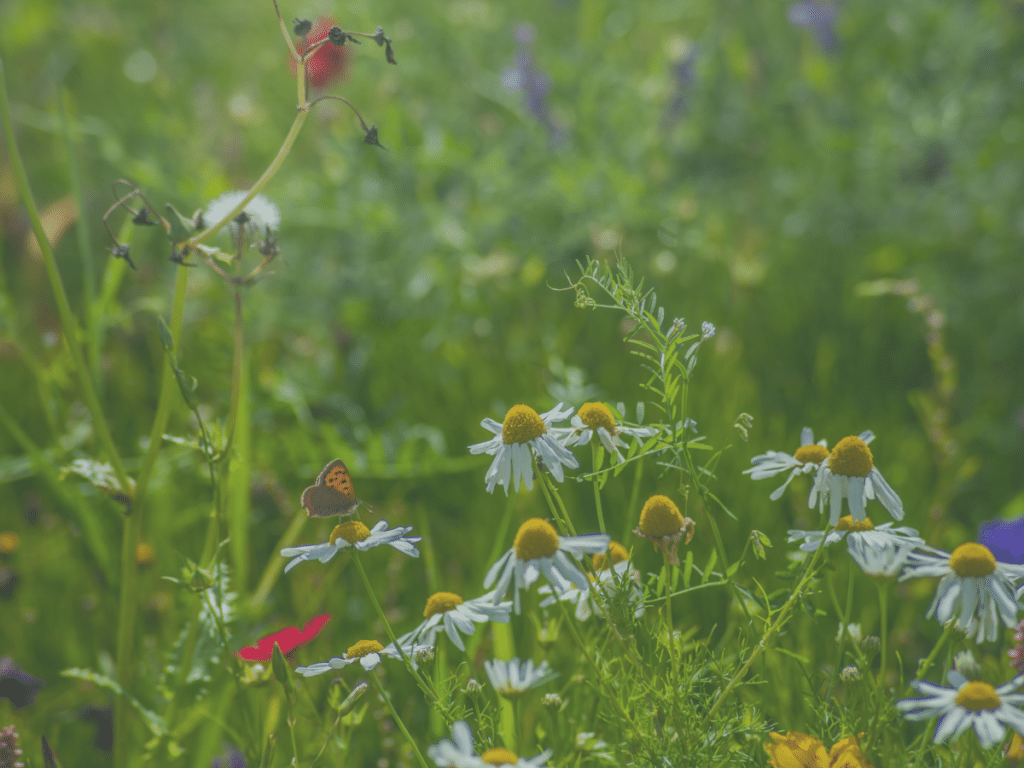A recent report from the Office of Environment Protection (OEP) highlighted the drastic need to speed up nature recovery efforts across the UK. The OEP reviewed 40 individual environmental targets, including legally binding targets set under the Environment Act 2021. In their analysis, they found that the government is mostly on track to achieve four, partially on track to achieve eleven, and largely off track to achieve ten. A further 15 lacked the necessary evidence to be assessed.
The overall goal of “significantly improving the natural environment” including achieving “thriving plants and wildlife” was shown to be seriously failing. Reasons for this were cited as a lack of transparency, policy development, and funding.
Now that mandatory BNG is being implemented, it is hoped that these targets for nature recovery will be set on a new course. In our experience working with land owners, managers, farmers, and foresters across the sector, a lack of clarity, certainty, and funding are areas of huge concern in the largest transition in agricultural practice and policy for nearly a century. When the market forms around BNG, it is hoped that some of these issues will begin to be addressed. Certainly, nature recovery relies on meaningful investment. In 2021, the Green Finance Institute issued the Finance Gap for UK Nature Report, which highlighted a minimum of £44 billion to £97 billion in investment additional to that provided by public sector commitments is needed to meet nature-related targets over the next decade. The central estimate they produced was £56 billion, or 5.6 billion a year. In other words, the current policy climate produces a funding shortfall for nature and relies on the private sector to mobilise and invest in nature. BNG is just such an example of this.
Tim Hopkin, Founder and CEO of Land App, highlights the importance of these markets in aiding nature recovery: “The Biodiversity Net Gain market is playing a crucial role in driving the advancement of the natural capital market. It has always been important to quantify the biodiversity benefits of nature improvement, and the BNG framework has enabled the market to do just that. As we gain a better understanding of the various benefits derived from habitat improvement, this initial BNG model will naturally evolve over time.
We believe that the Biodiversity Net Gain market is an exciting and necessary first step towards establishing a robust and harmonised natural capital market, which will help fulfil the UK’s national resilience targets serving the environment, society, and the economy as a whole.”
Biodiversity Net Gain is by no means a silver bullet, and as with other market-based mechanisms, it comes with risks, not least insufficiently valuing nature in a potential ‘race to the bottom’. That said, land managers simply must be supported to move towards greater ecological resilience, and sufficient funding is no small part of this. As BNG goes live, both land managers and developers must be provided with tools to accurately plan and prepare for land use change, ensuring that nature is always the overall “net” beneficiary. As policies like the awaited Land Use Framework emerge, considering nature recovery at the landscape scale will become all the more essential. Spatially understanding land use is increasingly being recognised as pivotal in the move toward greater sustainability and resilience. Traceability, accuracy, and accountability will be essential in planning and trading for BNG, and a digital platform to underpin this is critical. That is precisely what Land App has built, and continues to innovate.
As the market begins to form, it is imperative that it retains the intended outcome – the recovery of nature. Ensuring nature restoration doesn’t get lost in bureaucracy and the rhetoric of market efficiency at the expense of all else will be a critical challenge going forward.
Read more about Land App’s work for BNG here.

